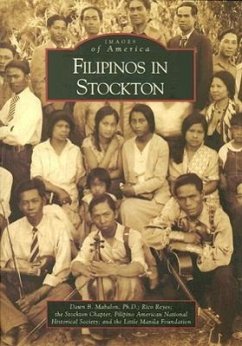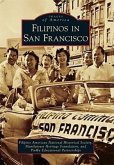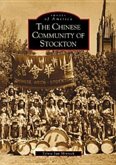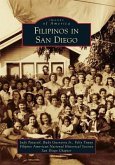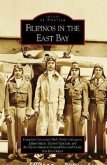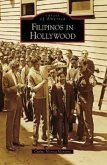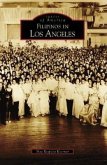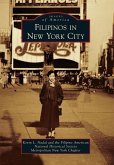The first Filipino settlers arrived in Stockton, California, around 1898, and through most of the 20th century, this city was home to the largest community of Filipinos outside the Philippines. Because countless Filipinos worked in, passed through, and settled here, it became the crossroads of Filipino America. Yet immigrants were greeted with signs that read "Positively No Filipinos Allowed" and were segregated to a four-block area centered on Lafayette and El Dorado Streets, which they called "Little Manila." In the 1970s, redevelopment and the Crosstown Freeway decimated the Little Manila neighborhood. Despite these barriers, Filipino Americans have created a vibrant ethnic community and a rich cultural legacy. Filipino immigrants and their descendants have shaped the history, culture, and economy of the San Joaquin Delta area.
Hinweis: Dieser Artikel kann nur an eine deutsche Lieferadresse ausgeliefert werden.
Hinweis: Dieser Artikel kann nur an eine deutsche Lieferadresse ausgeliefert werden.

